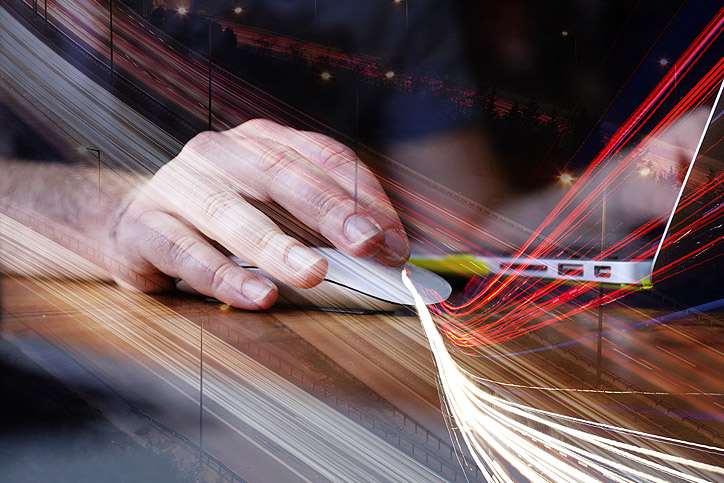From Your Trusted IT Managed Service Provider
We all know how frustrating it is when our computers are running slowly. In today’s high-tech, fast-paced world, if we have to wait more than a couple of seconds for something on our computers to load, we get frustrated and feel like we’re wasting our time. Not surprisingly, Business Wire reported that 66% of Americans say that one of their biggest frustrations is waiting on a system they know should be faster. And more importantly for businesses, one study conducted in the UK revealed that slow computers can cost organizations 5.5 days of lost productivity per person per year.
Fortunately, there are ways to make your computer run faster if you find that it’s running slower than it should be. As a trusted IT managed service provider, here are 10 tips to try before you resort to taking a hammer to your computer:
Learn more about our IT services and contact Focus Data Solutions today!
1. Prevent programs from automatically running when you start up your computer.
This is one of the main reasons computers can run slowly. Many computers automatically run programs in the background, which uses your computer’s memory and slows your computer down. While some network security solutions, such as antivirus and firewall software, should be allowed to run automatically, you can close others (such as iTunes or Microsoft Office) until you actually need them.
2. Delete/uninstall programs you don’t use.
Many new computers come with pre-installed programs that take up space and run background processes automatically. Go into your control panel and uninstall the programs you don’t need, being careful to keep the ones you do need.
3. Clean up hard disk space.
Check how much free space you have on your computer. If you have less than 15% free space, your computer could slow down. Delete old programs and files you don’t need or compress some of your files (especially large ones). Note that if your computer is running slowly and storage isn’t full, your operating system may be having problems.
4. Save old pictures or videos to the cloud or external drive.
This frees up a lot of memory space, which will also speed up your computer. Keeping them in the cloud or on an external drive is also a nice way to back up those old family photos that you don’t want to lose.
5. Run a disk cleanup or repair.
Your computer generates a lot of temporary files each time you boot up and/or use applications. These temporary files, such as Internet history, cookies, and caches, take up a considerable amount of space on your hard disk, further slowing down your system. A disk cleanup/repair can clean up hundreds of megabytes by deleting temporary files, unnecessary system files, and even just emptying your recycling bin.
6. Changing the power plan of your desktop computer to High Performance.
Computers have different power plans (usually Balance, Power Saver, and High Performance) to control how the computer uses power. Some settings optimize battery life by lowering performance, but High Performance will increase the speed and performance of the computer. Note that this will only work on a desktop, as the HighPerformance setting on a laptop will drain the battery.
7. Make sure you have anti-virus, spyware scanner, and anti-malware installed.
Your computer will be able to run faster if it’s not spending time trying to manage bugs and viruses. These network security solutions also an added layer of protection to keep your computer safe!
8. Run a disk defragment to optimize your hard drive’s efficiency.
When data is fragmented, your computer has to search for the fragments of files that could be spread throughout your hard drive. Defragmenting will organize your data and free up space so your computer can access data faster. When in doubt, seek a quality IT managed service provider for additional defragmenting guidance.
9.Add more RAM to your computer.
RAM is temporary storage memory used by your PC to run programs. The more programs you use, the more RAM you need; and if you don’t have enough, your computer will slow down. You can easily add more RAM by buying an extra memory stick, but you can also replace or buy a completely new RAM if necessary.
10.Update your computer’s software.
Software updates will fix bugs and glitches that make your computer run slower. To check if your current software is up-to-date on Windows, click the Start Button > All Programs > Windows Update > Check for Updates. On a Mac, go to Apps under the Apple icon menu and click on About this Mac.
You shouldn’t have to go out and buy a new computer, nor do you need to spend a lot of money to make it run faster. As soon as you start noticing your computer is slowing down, try these tips before you get frustrated and lose your patience.
That said, computers are intricate machines and 10 tips aren’t always enough. If you’re still having problems, turn to a reliable IT managed service provider, such as Focus Data Solutions. Contact us today!

